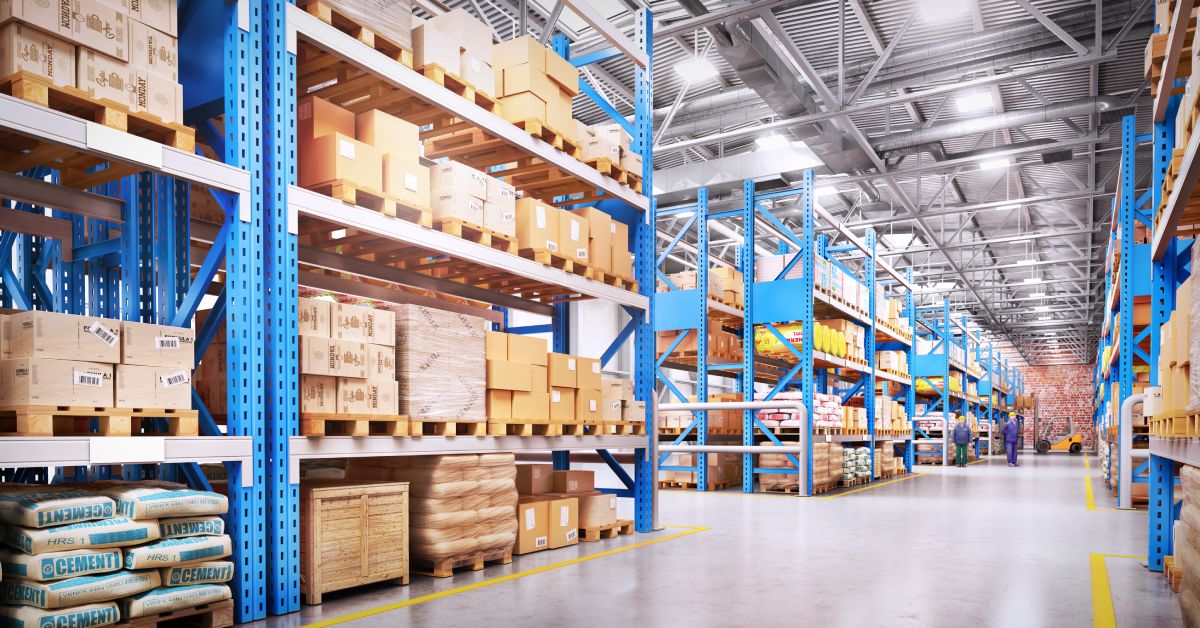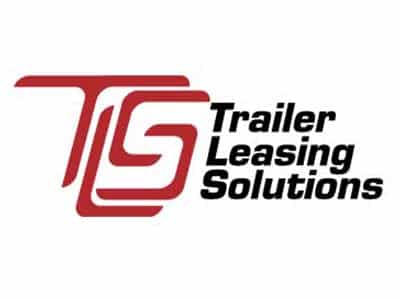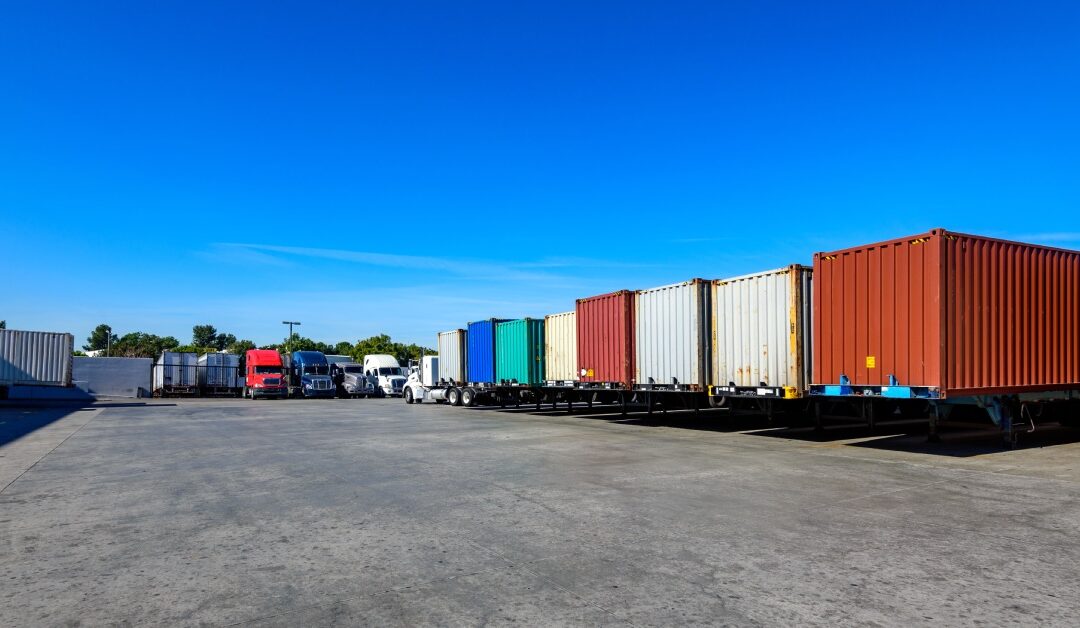Managing storage can be a difficult task for businesses. Many businesses must make the choice between leasing storage trailers or investing in warehouse space for operational efficiency and cost management. However, with both options having pros and cons, how do you know which is best for your business? This comparative guide will explore the costs and benefits of both options to help business owners and warehouse managers make informed decisions.
What Is Storage Trailer Leasing?
Storage trailer leasing involves renting trailers designed specifically for storage purposes. These trailers offer businesses a flexible solution to temporary or overflow storage needs. Typically, businesses will park storage trailers on the premises (with the proper permits) or at locations where easy access is essential.
Storage trailers come in various sizes, allowing businesses to make a selection based on their unique storage needs. The trailers often feature security measures and weatherproofing to protect goods from theft and damage from the elements.
Leasing contracts can range from short-term rentals to long-term leases, making it easy for businesses to scale their storage capacity up or down as needed. This adaptability is a key advantage over more permanent storage solutions.
Basic Costs of Storage Trailer Leasing
The cost of leasing storage trailers varies based on several factors, including the size of the trailer, the lease duration, and the provider. Businesses can typically expect to pay a monthly rental fee that covers the use of the trailer, sometimes including basic maintenance and insurance.
Additional costs may arise depending on the business’s specific needs. For instance, some companies may require modifications to the trailer, such as shelving or security enhancements, which can increase the overall cost. It’s important to include these potential expenses when budgeting for storage trailer leasing.
Storage trailer leasing is generally more affordable than investing in warehouse space, particularly for businesses with fluctuating storage needs. The ability to adjust the lease terms provides financial flexibility, making it an attractive option for many companies, especially small businesses.
Benefits of Storage Trailer Leasing

One of the primary benefits of storage trailer leasing is the flexibility it offers. Businesses can easily adjust their storage capacity to match their needs, avoiding the commitment and expenses associated with permanent storage solutions, such as expanding warehouse space. Adaptability is especially valuable for companies with seasonal inventory changes or unpredictable storage requirements.
Another advantage is the ease of access. Storage trailers can be placed on-site or at convenient locations, allowing businesses to access their goods quickly and efficiently. This is particularly beneficial for operations that require frequent item retrieval or mobile pop-up events that need more space.
Storage trailers also offer a high level of security and protection. Modern trailers are designed to be weatherproof and secure, safeguarding goods from environmental hazards and theft. This ensures that businesses can store valuable items with just as much confidence as they would when using an indoor storage space.
What Is Standard Warehouse Space?
Standard warehouse space refers to dedicated buildings or sections designed specifically for storage and distribution. Warehouses range from small, single-unit spaces to large, multi-unit complexes. These facilities include features that support efficient storage, such as racking systems, climate control, and advanced security measures.
Businesses that require substantial, long-term storage solutions often use warehouse spaces. Warehouses provide ample space for storing large quantities of goods and can accommodate various types of products, from raw materials to finished goods. Warehouses often also feature equipment and staff that handle logistics and distribution, making them helpful to the supply chain side of your business.
Investing in warehouse space involves either purchasing or leasing the facility. It offers businesses a permanent storage solution they can customize to meet their specific needs, but it requires a much more significant upfront investment.
Basic Costs of Standard Warehouse Space
Standard warehouse space depends on several factors, including location, size, and the facility’s features. Purchasing a warehouse requires a substantial upfront investment that accounts for the property cost, renovations, and necessary equipment. Leasing warehouse space, on the other hand, involves regular rental payments, which can vary widely based on the facility’s specifications.
In addition to the initial purchase or lease costs, businesses must consider ongoing expenses such as utilities, maintenance, and security, making warehouse space a significant financial commitment.
Overall, while the costs associated with standard warehouse space are higher than those of storage trailer leasing, the benefits of a permanent, well-equipped storage solution may be the right choice for some businesses.
Benefits of Having Warehouse Space

One of the main benefits of having warehouse space is large-scale storage. Warehouses provide ample room for storing various goods, making them ideal for businesses with substantial inventory needs. Businesses can customize this space with shelving, racking, and other storage systems to maximize efficiency.
Another advantage is the integration of logistics and distribution capabilities. Warehouses often feature loading docks, transportation access, and other features that facilitate the efficient movement of goods all in one place.
Warehouses also offer enhanced security and environmental controls. This protects goods from theft, damage, and environmental factors, providing peace of mind for businesses.
How To Choose Trailer Leasing vs. Warehouse Space
When deciding between trailer leasing and warehouse space, businesses must consider several factors. The first is the scale of their storage needs. For companies with large, long-term storage requirements, investing in warehouse space may be the better option. However, for those with fluctuating or seasonal needs, storage trailer leasing offers greater flexibility.
Cost is another critical consideration. Storage trailer leasing generally involves lower upfront costs and provides financial flexibility through adjustable lease terms. In contrast, warehouse space requires a significant initial investment but slightly more permanent solutions.
Accessibility is also an important factor. Businesses can place trailers on-site or at convenient locations, providing easy access to stored goods. Warehouses, while they do offer extensive storage capabilities, may require additional logistics to transport goods to and from the facility.
Ultimately, the decision will depend on your business’s specific needs, budget, and circumstances. Both options offer distinct advantages, and careful evaluation is essential to determine the best fit.
Where To Find Storage Trailers for Lease
Finding a reliable provider is crucial for businesses considering storage trailer leasing. Trailer Leasing Solutions LLC is a reputable company offering a range of storage trailers that meet various needs. We provide flexible lease terms, ensuring that businesses can adjust their storage capacity as needed. Browse our website today to find 53 ft trailer leasing and many other spacious storage options.
Storage trailer leasing and warehouse space offer valuable solutions for business storage needs. By carefully evaluating their specific needs, businesses can determine which option is more suitable and make an informed decision.
For expert guidance and flexible storage solutions, consider reaching out to Trailer Leasing Solutions LLC to explore how storage trailer leasing can benefit your business.



